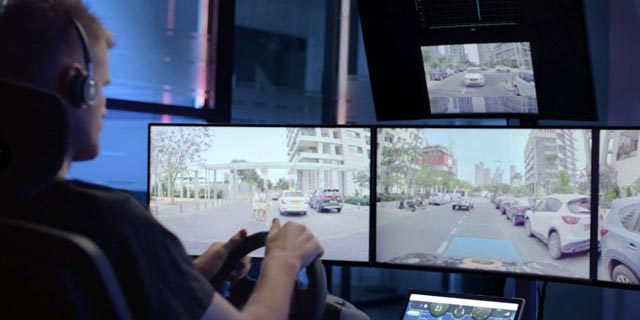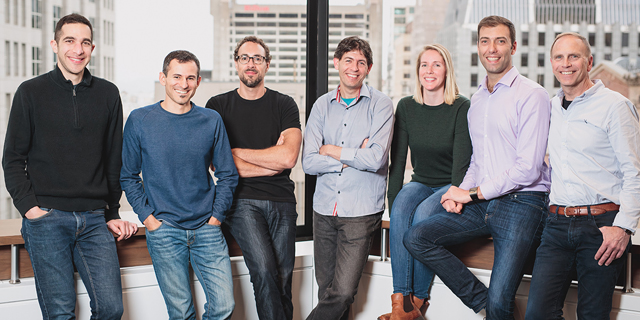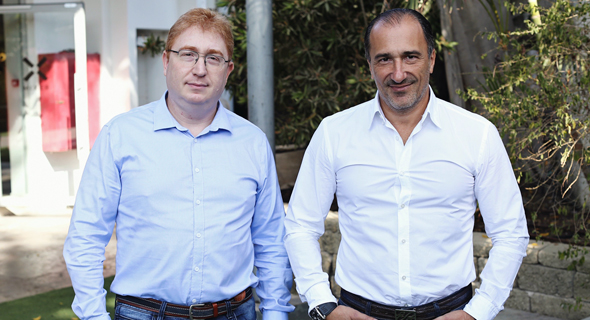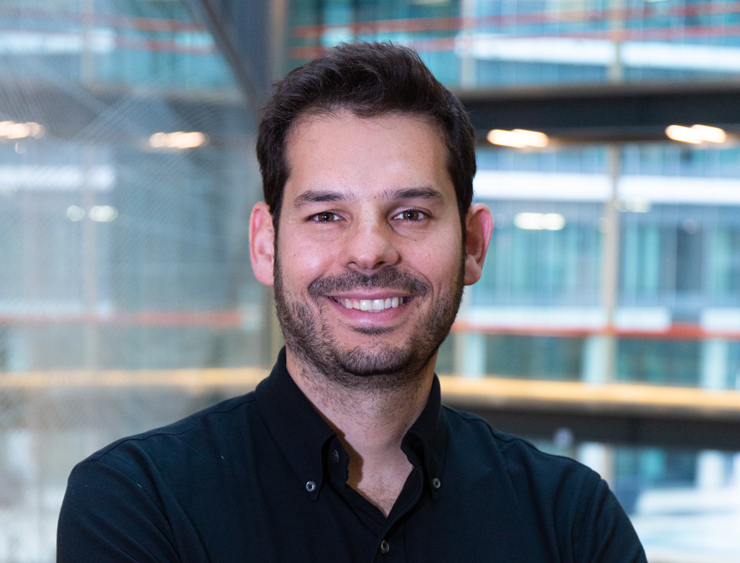
The startups creating the smart cities and mobility solutions of tomorrow
Meet the five Israeli startups selected by an expert panel to be the next big thing in the smart city and mobility sectors
Maayan Manela | 12:20, 27.12.21
In order to decide who are the most promising startups in the smart city and mobility sectors, Calcalist decided to turn to a number of prominent investors in the Israeli market and asked them to name the five most innovative early-stage companies, with the greatest business potential and managerial depth.
The five startups selected were:
Valerann
Founders: Daniel Yakovich, Gabriel Jacobson, Michael Vardi, and Shahar Bahiri
Raised: $8.7 million from funds and investors including Pitch@Palace, RIO, Telefonica,
2B Angels, Cell Capital, and Dan Mobilitech
The company is developing solutions designed to make roads smart to ensure they are safer, more efficient, and supporting smart vehicles. The company aims to provide information services that will enable road traffic optimization, support smart vehicles and provide insights to those on the road.
Valerann's system is an AI-based traffic management platform that provides real-time, high-resolution information about everything that happens on the roads. By incorporating wireless sensor technology built along the roads. The system continuously provides insights and forecasts and turns roads into infrastructures that provide data and predict the future. Ottopia Founders: Amit Rosenzweig Raised: $12 million from investors and funds including Next Gear Fund, MizMaa Ventures, Maven Ventures, Sumitomo Ventures, Hyundai CRADLE Ottopia is a software company that seeks to enable the operation of autonomous vehicles. The company's software enables remote assistance with which people can solve situations that autonomous vehicles alone are unable to solve. The company offers advanced solutions for operating autonomous vehicles in a safe and protected manner. The company's solution is designed to enable autonomous vehicles to manage extreme cases, maximize efficiency by reducing costs for trucks operating in logistics centers and ports, and improve safety in hazardous environments such as mines and construction sites. Urbanleap Founders: Arik Bronshtein, Erez Druk Raised: $3.3 million from funds and investors including StageOne, Lool Ventures, and private investors UrbanLeap serves as an online marketplace that allows local authorities to better manage urban development projects. The company offers a SaaS platform, which enables local authorities to discover, evaluate and monitor urban renewal projects and initiatives. Click-ins Founders: Eugene Greenberg and Dmitry Geyzersky Raised: $5.9 million from ten investors including UMI, Mobilion Fund, and Shlomo Sixt The company developed an automated AI-based solution for examining damage to vehicles. The unique development allows insurance companies and automotive companies to automatically detect, analyze and process external damage caused to vehicles with the highest precision without the need for special equipment or skilled personnel. The company uses synthetic data produced and owned by it, and does not use customer data to teach its AI system. The company's technology allows it to accurately identify and analyze external damage for all types of damaged vehicles. Addionics Founders: Moshiel Biton, Vladimir Yufit, and Farid Tariq Intel Ignite program alumni Raised: $8.5 million from EIT Climate, and Drive TLV The startup is developing unique rechargeable batteries for vehicles through a redesign of the battery architecture. The company has developed a unique way of manufacturing metal using the 3D method, improving performance, shortening travel time, increasing safety, lowering costs, and shortening the charging time of the batteries. According to Addionics, the company's main intellectual property is in the development of smart 3D structures using an AI-based algorithm designed to predict and determine the best structure for any given use.Related articles
Vertex Ventures
GM Ventures
JVP
Pitango
Grove Ventures
StageOne Ventures
Hyundai CRADLE
KPMG trusts Chaikin
Magenta Venture Partners
RBVC
Elron Ventures


